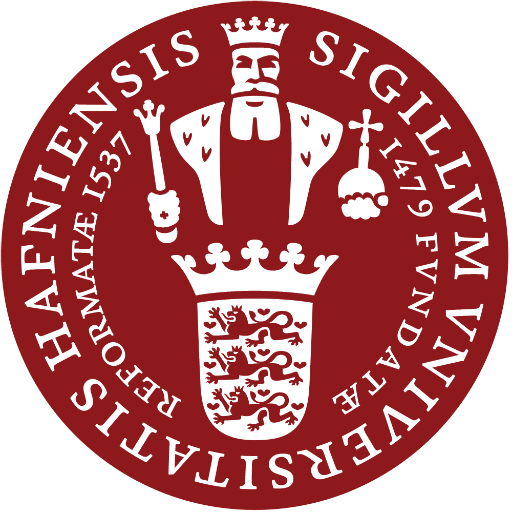PhD Scholarship at the Centre for Advanced Studies in Biomedical Innovation Law (CeBIL), Faculty of Law, University of Copenhagen
PhD project
a) To what extent is there a need to curtail and combine particular push and pull incentives to different classes of antibiotic resistance?
b) What are the pros and cons of purely market-based incentives in comparison to delinkage models in the fight against antibiotic resistance?
c) To what extent would so-called complementary approaches, more public-private collaboration, or “integrated strategies” be helpful in European settings compared to the US and what legal changes would be required to implement such approaches?
d) Do we need to reconsider the already available incentives and definitions in the current “antibiotics” legislation in light of new scientific insights and bio-medical applications?
e) What potential do new forms of therapies based on gene-editing, such as CRISPR-Cas 9 and gene drive, and phage technologies have in the fight against AMR and what are the legal and ethical dimensions?
This is an exciting opportunity for someone who is interested in pursuing doctoral research which can make a difference in society. It is a research project of immense relevance. As a PhD researcher, you will have the opportunity to contribute to the quest for a solution to this health crisis. Moreover, you will be able to work in an intellectually very stimulating and pleasant environment, and you will have the opportunity to work under the supervision of and with some of the finest experts in the area of biomedical innovation law, both in Copenhagen and in partner institutions such as Harvard University.
Study 6: Policy & Synergy
Study 6 aims to develop a framework that integrates law, ethical considerations, economics, science, business, and policy to support biomedical innovation. It includes a legal sub-study entitled “Towards an Improved and Sustainable Legal Framework for Biomedical Innovation”, which will address the following key research questions:
a) What common legal principles can be derived from each of the five concrete studies and how can they be synthesised and organized to form a conceptual framework with a sound underlying legal theory that can be translated into recommendations for new legislation?
b) How can those legal findings be applied to inform and shape both general innovation policy debates and more specific debates, such as on the role that alternative R&D incentives could play in the raging controversy over the patentability of biomedical products and methods?
c) What is the proper role for ethical considerations, e.g. on patient rights and access to medicines?
In that context, Study 6 considers also potential disruptions of the existing biomedical value chains through digitalization and artificial intelligence, and assesses the opportunities and risks that these new technologies entail. A question that merits particular attention is: To what extent may digital technologies help enhance innovation, address innovation inefficiencies, and adopt an adaptive governance of the emerging technologies addressed in Studies 1-5 and what are the legal issues? While offering amazing possibilities, there is no doubt that these technologies raise many legal questions with regard to intellectual property, liability, patient involvement, bias, discrimination, competition etc. The successful candidate is expected to focus on this cross-cutting AI dimension of Study 6 in collaboration with senior researchers at CeBIL and its partner institutions.
This opportunity has expired. It was originally published here:
https://employment.ku.dk/phd/?show=149518
